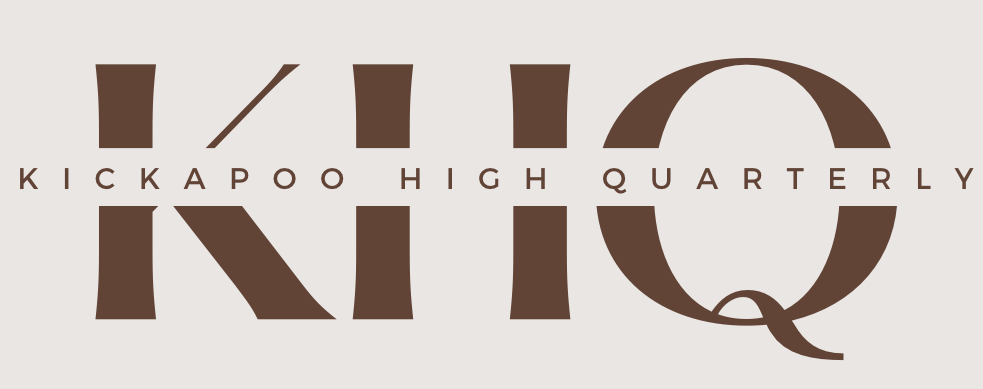AI Advancements
The ChatGPT AI and its implications for the future.
ChatGPT is a large language model developed by OpenAI. It is based on the GPT (Generative Pre-trained Transformer) architecture, and it is fine-tuned on a large dataset of conversational exchanges. ChatGPT is capable of generating human-like text, and can be used for a variety of natural language processing tasks, such as language translation, text summarization, and question answering.
A well written introduction, one may think, but in reality that entire paragraph was simply the artificial intelligence describing itself.
The AI in question, ChatGPT, was created by the company OpenAI and launched in November 2022. It quickly became the fastest growing computer application/utility, reaching five million users within the first week. The original purpose of this AI was to mimic human conversation, but its capabilities span far beyond that.
The program is openly accessible to anyone who wishes to use it. It can have a simple conversation with you, even write an entire essay about any topic you desire. The implications of a technology like this, especially in a school environment, can be quite frightening due to the bot being able to write essays and other media without direct plaigarism allowing students to cheat.
If a student uses the AI to help them out in a pinch, it may be more or less harmless. However, if it becomes a habit, it can definitely affect a student’s work ethic and ability to do actual work when the AI is not available to them.
“Plagiarism will always be a thing, and this is really just a new facet of it. It’s honestly less of a problem of plagiarism, and more of a question about writing being a lost art, but I think that writing is too complicated to worry about it writing an entire nove,l” English teacher Mr. Mello said.
Despite the writing prowess of ChatGPT, Its capabilities are limited at the moment, so essays over more personal topics seem to be out of its reach.
“In school, I think a lot of essay topics are too specific to have an AI write it for you, no matter how powerful it is,” Mello said.
Mello said.
Although the idea of a tool that can be used to easily cheat on complex assignments may be frightening to some, not everyone is worried about it.
“All in all, I don’t think it’s any more revolutionary than AI art, and that has been around for some time,” Mello said.
ChatGPT is growing by millions of users every week, and is currently being used by so many people that the website is almost always at maximum user capacity. This goes to show just how useful it is, despite the question of ethicality.
An AI with capabilities like this could definitely be unsettling, but there could be benefits from this kind of technology. It could help businesses come up with new ideas, or it could even help solve engineering problems.
With these helpful uses however, comes another problem. ChatGPT and similar AIs may be able to eventually do the job of journalists, playwrights, songwriters, and other artistic positions. This may lead to the unemployment of the people who currently fill these roles.
All in all, ChatGPT and other AIs like it are real, and they’re here to stay. Teachers may have to seriously start thinking about how to stop students from exploiting the program to get out of schoolwork and projects and businesses may have to soon question whether to keep employees on, or to let them go in favor of artificial intelligence. What this means for the future of students, will remain to be seen, for now.







